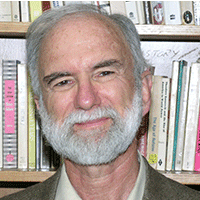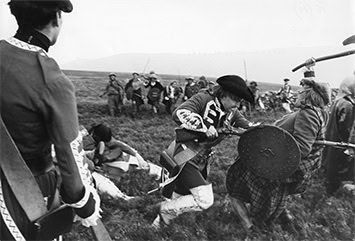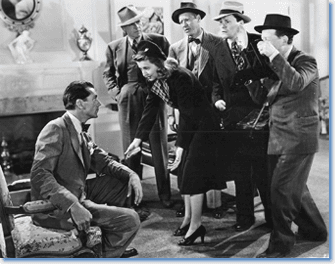Under the rubric “Masters at the Movies,” this column features a variety of articles about film crafted by some of the most accomplished teachers and scholars in the profession. Most of the authors are familiar to AHA members principally in connection with their outstanding general contributions to scholarship rather than because of their specific work on film. Our readers rarely encounter these authors’ observations about movies and television programs.
The “Masters” series invites these historians to consider how cinema can present exciting opportunities and challenges for interpreting the past.
In this issue Paul Boyer offers a fascinating consideration of the value of movies for thinking about the impact of nuclear weapons in American thought and culture. He suggests that the study of those films can help us to “map the larger cultural and political trajectory of the nation’s nuclear history.” Boyer describes a long-term interest in the movies, and he acknowledges that the study of cinema has been “integral” to his research, writing, teaching, and lecturing.
Paul Boyer is the Merle Curti Professor of History Emeritus and former director of the Institute for Research in the Humanities at the University of Wisconsin-Madison. He received fellowships from the Guggenheim and Rockefeller Foundations and was elected to the American Academy of Arts and Sciences and the Society of American Historians. Boyer has lectured at some 90 colleges and universities in the United States, Western Europe, and Israel, and has made numerous appearances on radio and television. Among his many books are By the Bomb’s Early Light: American Thought and Culture at the Dawn of the Atomic Age (1985) and Fallout: A Historian Reflects on America’s Half-Century Encounter with Nuclear Weapons (1998).



